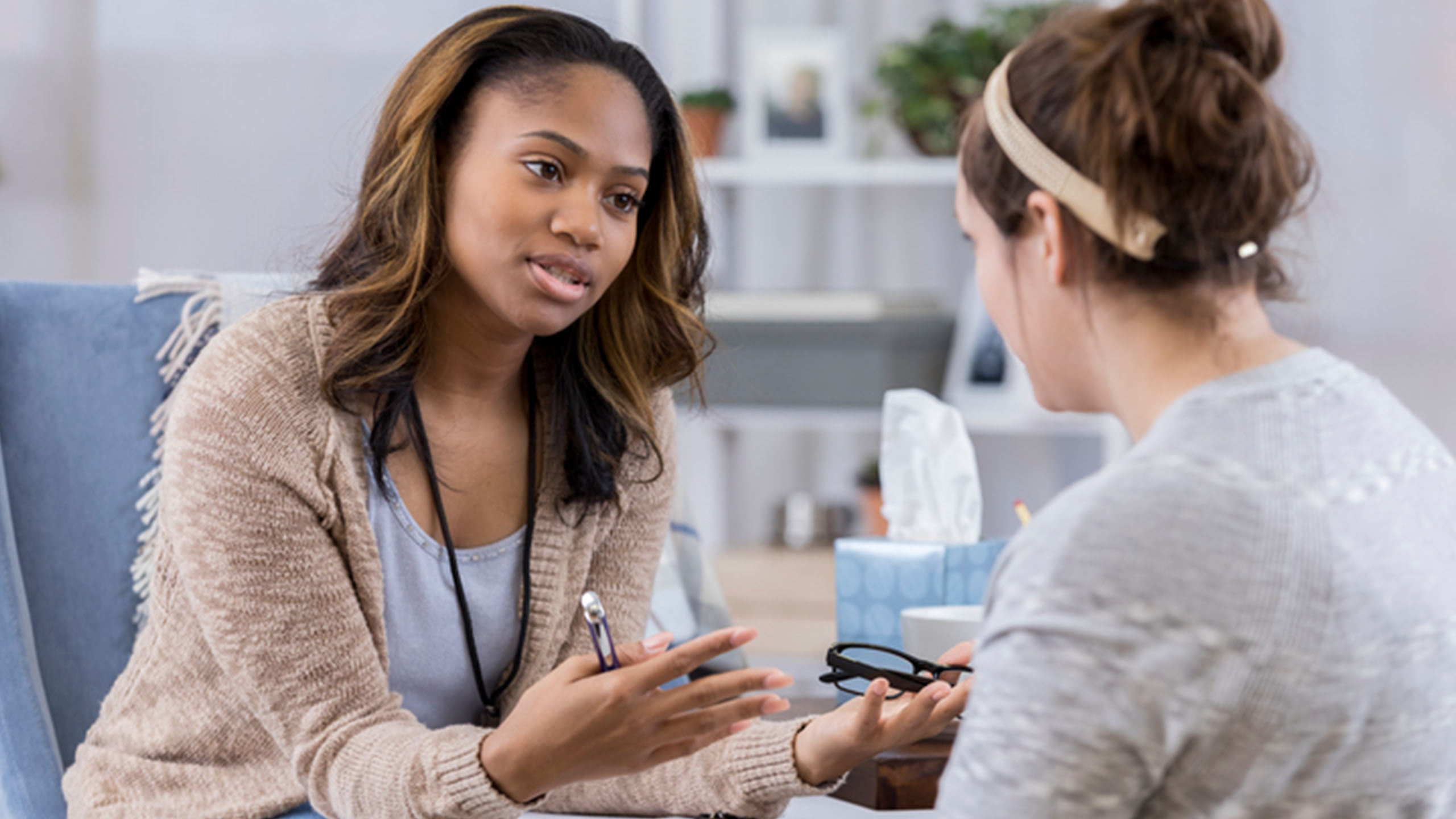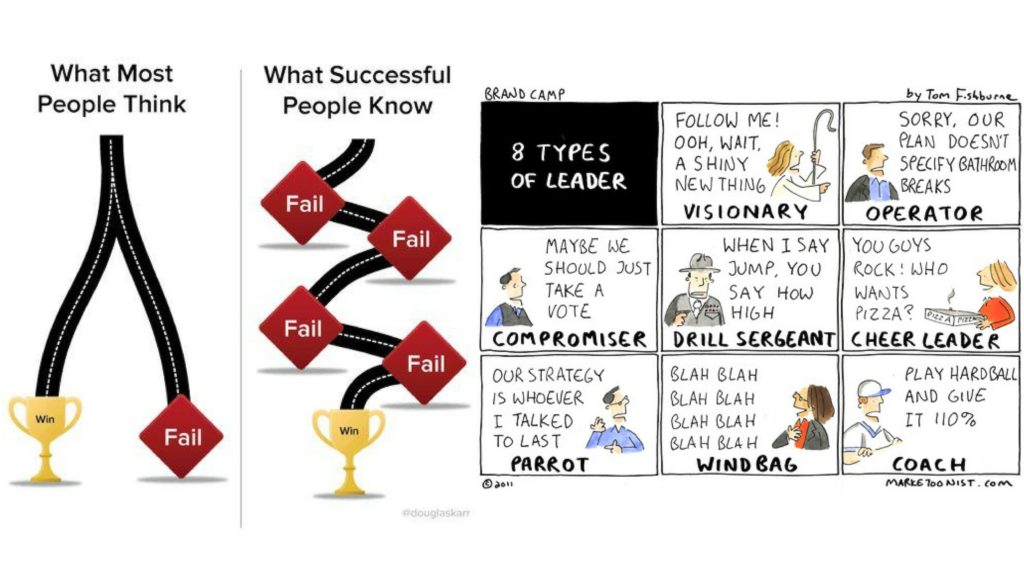What to do if a student makes a disclosure

Children need adults they look up to and trust but some don’t have the security and safety of caring adults at home, growing up without the protection children need to thrive and succeed.
Through the relationships we build with the children in our schools, we have the power to create environments of support, where children know that they will believed, should they need to tell us something they’re worried about.
Children need adults in their lives who will listen and take them seriously. If we want to create an environment where our children feel safe to make disclosures, we need to be the one who can make a difference, who is knowledgeable, acts appropriately, keeps promises and is honest.
When a child starts talking to us and it becomes clear that a disclosure is being made, we need to do a number of things to ensure this happens with integrity and follows ethical as well as legal guidelines.
Firstly, the child must be told that whatever they’re telling you cannot be kept a secret, no matter how much the child might implore you to keep it to yourself.

Explain that you’re not allowed to keep things to yourself, especially if you’re worried that someone has hurt them or that something is happening that isn’t right. Reassure the child that you will tell someone who can help and support them.
Some disclosures might be upsetting, shocking even, but try to stay as calm and composed as possible. The child needs you to accept what they’re telling you without judgement or an emotional reaction.
Let the child talk – don’t interrupt, don’t ask leading questions, it has to be on their terms. Reassure the child but be calm and receptive. Only ask questions if you’re not clear about something.
Additionally, make sure you don’t minimise what the child is telling you by saying things like ‘it’s probably just banter’, ‘it’s part of growing up’ or ‘it was probably just a joke’.
Do not view pictures or clips of a sexual nature – most importantly, don’t forward them to anyone, including yourself and don’t take screenshots. Viewing and distributing pictures of a sexual nature of minors is an offence, even if it’s done with the best intentions!
Children’s Social Services and the police will follow this up when a referral has been made. Once the disclosure has been made, you need to decide if the child is safe to go home. If not, you must tell your designated Child Protection Lead immediately.
Record, don’t interpret. Make a note of persons involved, events, places, days, dates and times.
If your CP lead is not available, you must tell a member of the senior leadership team. It’s best to check if you’re not sure. If you can’t reach anyone senior, you must ring Children’s Social Services for advice.

In addition, if a crime has been committed, you need to ring the police. You will have to decide whether this is a call to 999 (only if it’s an emergency) or 101.
Whatever happens, you must tell your Child Protection Lead at the first given opportunity. Once you have decided that it is safe for the child to return home (best to discuss this with your CP Lead or a senior member of staff), you must write it down.
Make sure you don’t tell anyone who doesn’t need to know (other colleagues) – it’s important to pass it on to the CP Lead who will then decide about next steps.
Serious disclosures don’t happen very often but it’s important safeguarding protocols are followed, for the protection of the child as well as your own.
Make sure you know who the Child Protection or Designated Safeguarding lead is in your organisation, so you can protect and safeguard all children in your care effectively and sensitively.







Responses